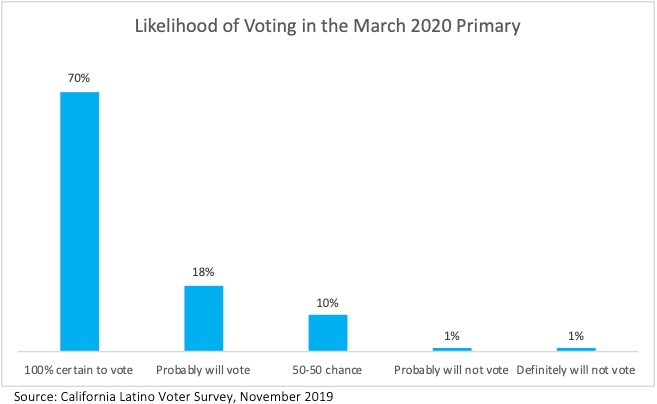Latino Decisions Principals Matt Barreto and Gabriel Sanchez authored an expert report in the Texas voter ID lawsuit which found that 4.7% of Whites lacked an ID, 8.4% of Blacks, and 11.4% of Latinos lacked an ID. On July 20, 2016 the 5th Circuit Court of Appeals ruled 9-6 that the district court was correct in finding that the Texas ID law (SB14) had a disparate impact on Blacks and Latinos in Texas and that the law violated Section 2 of the federal voting rights act. According to the Texas Tribune, “The full court’s ruling delivered the strongest blow yet to what is widely viewed as the nation’s strictest voter ID law.”
The case – Veasey v. Perry – was first heard by the Federal District Court in Corpus Christi, Texas where Barreto and Sanchez presented evidence that African Americans and Hispanics were statistically more likely to lack a valid ID than were Whites, based on a large statewide survey of eligible voters in Texas. In the initial trial in October 2014, Judge Nelva Gonzales Ramos ruled against the Texas ID law on the grounds that it disproportionately impacted Black and Latino eligible voters. In reviewing the evidence, the court wrote that Barreto and Sanchez “are impressively credentialed and who explained their data, methodologies, and other facts upon which they relied in clear terms according to generally accepted and reliable scientific methods for their respective fields.”
In August 2015 a three-judge panel of the 5th Circuit Court of Appeals also ruled against the Texas ID law, upholding the basic decision made by Judge Gonzales Ramos that SB14 discriminates against Blacks and Latinos. In that decision, the three-judge panel also cited the statewide survey by Barreto and Sanchez as clear evidence that the Texas law violated the VRA.
The state of Texas appealed once again and requested a hearing by the full 15 member panel of the 5th Circuit, which includes 10 Republican-appointed and 5 Democratic-appointed judges. In a comprehensive review of the lower court decision, as well as the Federal Appeals Court three-judge panel, the full 15-member panel found that both previous court rulings were indeed correct in concluding that the Texas voter ID law had a discriminatory impact and therefore violated the VRA.
The 5th Circuit full panel wrote:
These statistical analyses of the No-Match List were corroborated by a survey of over 2,300 eligible Texas voters, which concluded that Blacks were 1.78 times more likely than Whites, and Latinos 2.42 times more likely, to lack SB 14 ID…The district court thus credited the testimony and analyses of Plaintiffs’ three experts, each of which found that SB 14 disparately impacts African-American and Hispanic registered voters in Texas… The State does not dispute the underlying data or methodologies. The State failed to contest any of this evidence, except to suggest that these Plaintiffs could vote by mail.
The Voting Rights Act defines “vote” to include “all action necessary to make a vote effective including, but not limited to, registration or other action required by State law prerequisite to voting, casting a ballot, and having such ballot counted.” 52 U.S.C. § 10101(e). The district court’s finding that SB 14 abridges the right to vote by causing a racial disparity in voter ID possession falls comfortably within this definition.


